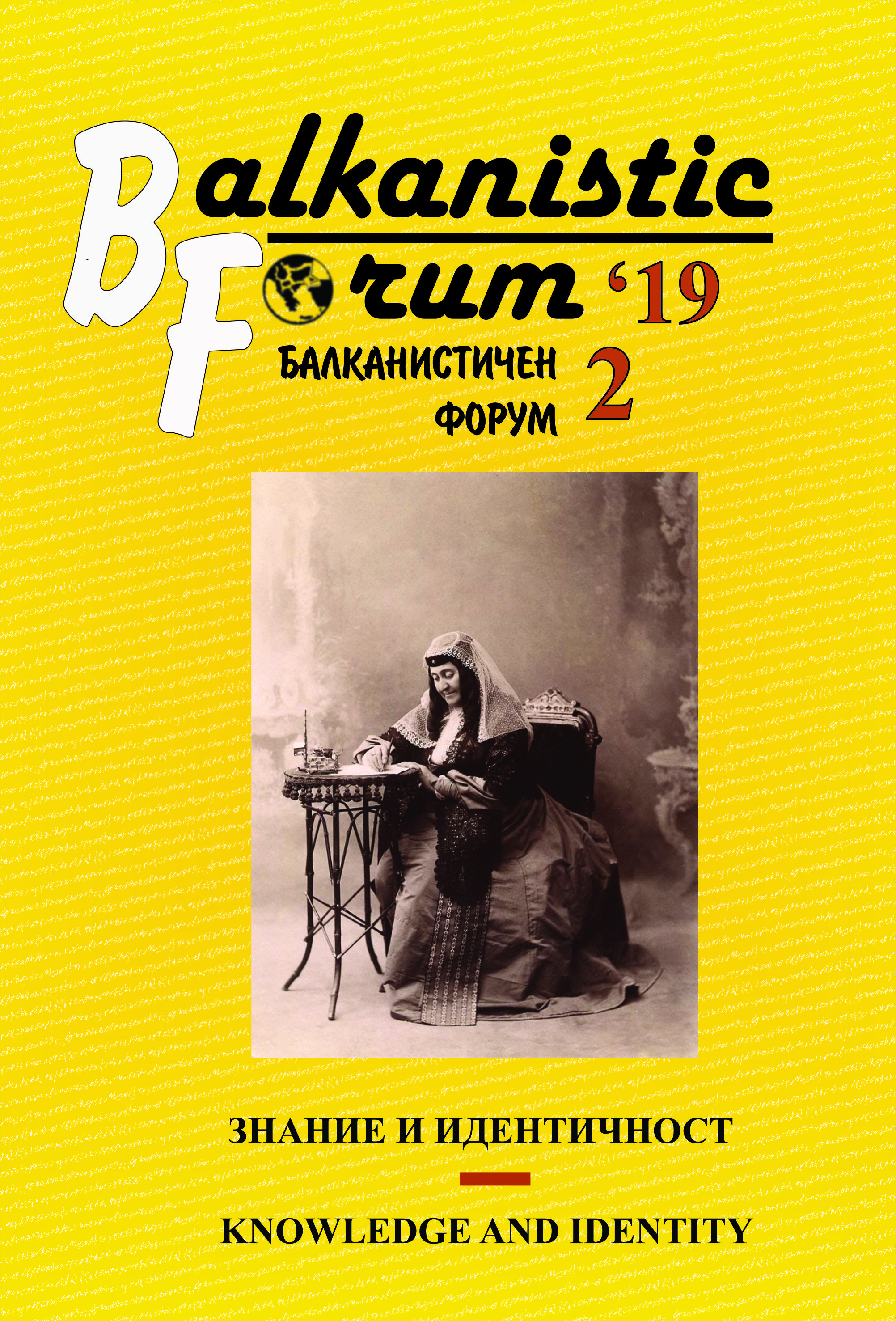Absurdity in the Novel “The Great Winter” by Ismail Kadare
Absurdity in the Novel “The Great Winter” by Ismail Kadare
Author(s): Vjollca DibraSubject(s): History, Language and Literature Studies, Cultural history, Studies of Literature
Published by: ЮГОЗАПАДЕН УНИВЕРСИТЕТ »НЕОФИТ РИЛСКИ«
Keywords: The communist parties meeting; argument; division; Enver Hoxha; Khrushchev; Besnik Struga; Zana
Summary/Abstract: The topic of this paper “Absurdity in ‘The Great Winter” by Ismail Kadare comes as a result of persistent reading and re-reading of the novel in question, at the same time approaching other works and authors, with the intention to capture, and analyze the parts which give life to absurdity, particularly in the work of Ismail Kadare “The Great Winter”.Differently from other similarly minded authors such as Camus and Sartre, who insist in myths and philosophy, the method of Kadare in the narrative plan is based on real events and circumstances, on concrete time and setting. He engages in a treatise of the event that marked the period of socialist realism, the 81 Communist and Workers Parties Meeting in Moscow, USSR, in 1960. Specifically, he takes on the argument between Albania, respectively Enver Hoxha on one side and Khrushchev and others, on the other side. The work demonstrates, diversely from what it has been claimed, that it is not about the contention for dictatorship and democratization or for power, but rather a conflict of its sort.The sense of absurdity may change anyone’s mind. It is an abstract feeling whom Kadare’s characters are personified, where the extraordinary and natural, the individual and the general, the tragic and the daily, absurd and logic are faced.
Journal: Балканистичен Форум
- Issue Year: 2019
- Issue No: 2
- Page Range: 244-252
- Page Count: 9
- Language: English
- Content File-PDF

